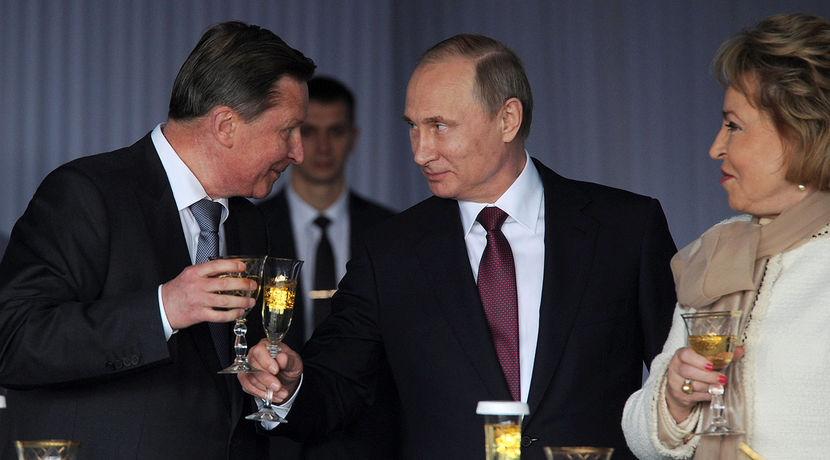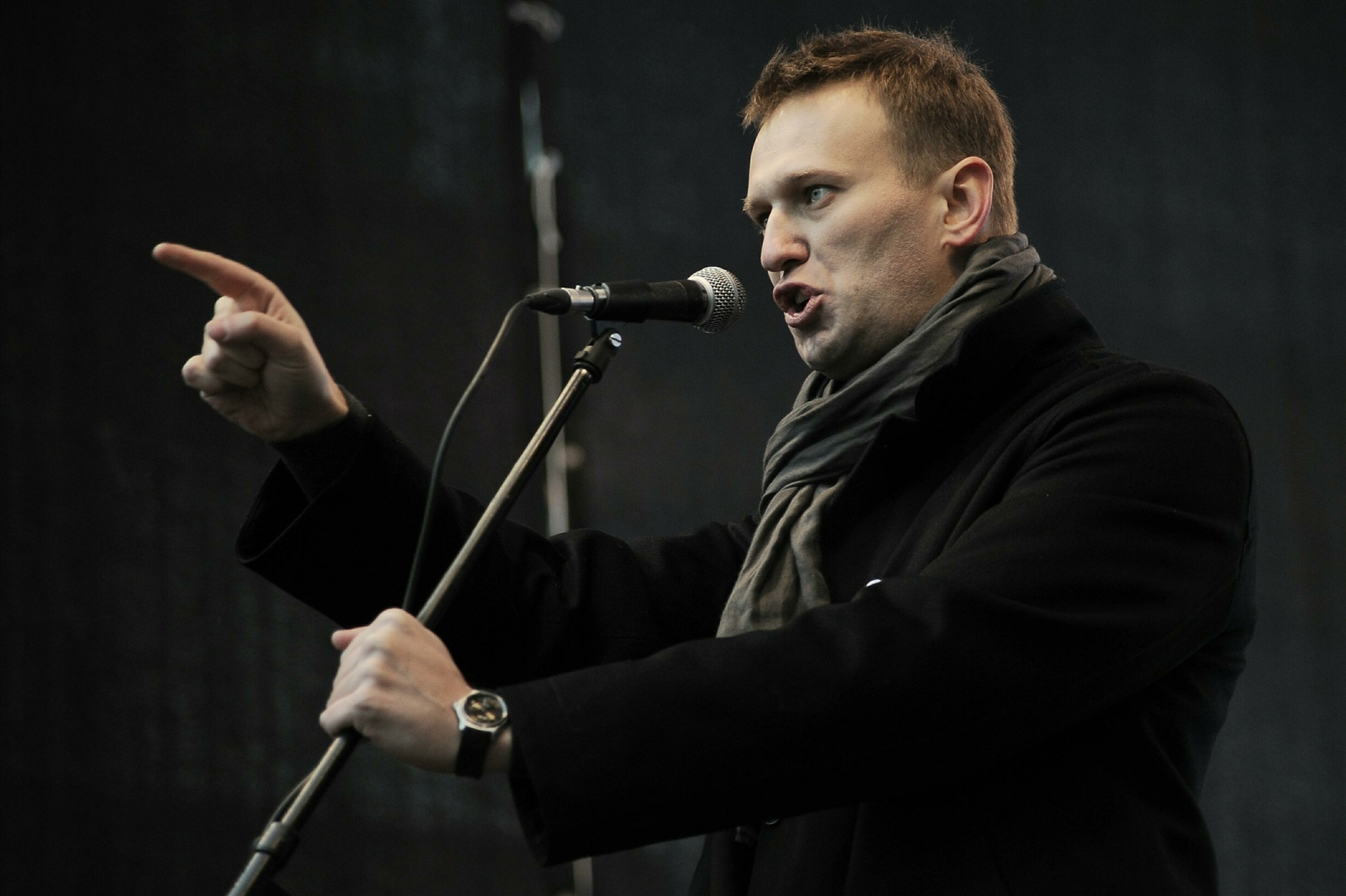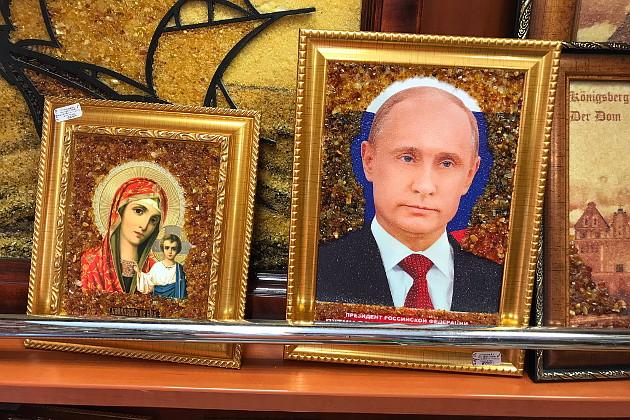The removal of Sergey Ivanov as head of the Presidential Administration, whatever the proximate causes, “symbolizes a change in eras of the Putin administration,” from one of a kind of collective leadership to a one-man dictatorship that is likely to last a long time, according to Vladimir Pastukhov.

Ivanov’s departure, the St. Antony’s College historian says, is “not an isolated event” but rather part of “a general tectonic shift in the structures of Russian power and of a change in the general balance of forces” which for more than a decade had seemed unlikely to ever change.
The common feature of Ivanov’s removal and that of many others near the Kremlin has been Putin’s installation of “servants in place of friends … In place of the post-communist boyars has come the post-communist nomenklatura nobility, the serving class of the 21st century.”
With Ivanov’s ouster – and he was one of the pillars of the old system – “the dam is broken and the flood of change will not stop,” Pastukhov says.
“The era of the collective rule of Putin’s friends is coming to an end,” he continues.
There won’t be “an informal Politburo.” Instead, there will be “’evenings in secret’” with outcomes unpredictable for all their participants save one.
In short, the system will be changed just as it was when Stalin got rid of the Old Bolsheviks and brought in the Bulganins and Malenkovs to do his bidding. One can hope, Pastukhov says, that Putin won’t use the same techniques Stalin did to do that; but it is clear that he is moving in the same direction as far as cadres policy is concerned.
“However paradoxical it may seem,” the St. Antony’s scholar says, “what is taking place is promoting the strengthening of the regime: the dictatorship is becoming more ‘regular’ and more subordinate to certain formal internal algorithms.” There will be little room for “partisan warfare” in the entourage because the new men will not be an entourage; they will be servants.
The new men, Pastukhov points out, “grew up within the bureaucratic hierarchy and were not implanted in it from the outside. They are more ascetic and therefore cheaper to keep, something that is not unimportant under crisis conditions.” They will be satisfied with apartments in Moscow high-rises; they won’t expect villas.
According to Pastukhov, the current crisis was the catalyzer of these changes; but the changes themselves show that the regime is much more capable of survival than many of its opponents think. It has come up with “adaptive mechanisms” on its own which allow it to engage more effectively in crisis management.
This “new political system is being developed under conditions of a more severe reality of Russia, one eternally fighting and eternally mobilized for struggle with a hostile environment living not so much with abundance but with a deficit of resources.” Those who don’t understand what is coming will pay a high price, but hopefully not with their lives.
Pastukhov argues that “the newly rebuilt power structure can have a quite large reserve of stability and withstand further testing,” including a deepening of the economic crisis and “even war.” Whether Putin will be able to move entirely to such a new system, of course, still remains an open question.
That is because doing so is quite difficult “in the absence of a systemic ideology, in place of which the Kremlin still uses the franchise of ‘Russian Eurasianism.’ But if all the same this intention is realized, then the dictatorship in Russia will be a long one.”
Of course, if one takes a longer view, other possibilities emerge. “Out of the storms of 1937,” Pastukhvo says, “emerged not only Bulganin and Malenkov but also Khrushchev who in part consciously but more unconsciously accepted for himself the role of the gravedigger of the system by starting the Thaw.”
However, that took a long time. One can’t stop the seasons; but “sometimes winter lasts longer” than one expects.
Related:
- Kremlin's losing battle: Next stage of disintegration of Soviet space
- Putin's Russia well on its way to 'criminal neo-totalitarianism' with a 'neo-terror' and a 'neo-GULAG,' Pastukhov says
- Americans finally starting to recognize how odious Putin really is, Nemets says
- The rapidly changing landscape in Europe
- Friday May 13th was Putin's Kristallnacht, Russian political refugee says
- Seven reasons why Putin's war in Ukraine is a turning point in Russian and world history
- Kasparov on the breakup of Russia, invasion of Baltics and end of Putin's regime
- Ever more Russians are at risk of repression as Putin's Russia heads toward totalitarianism
- Totalitarianism and the personality cult: 15 years of Putin's reign in texts and opinions





